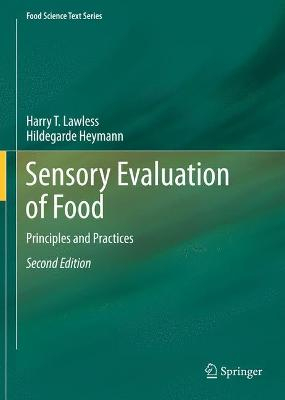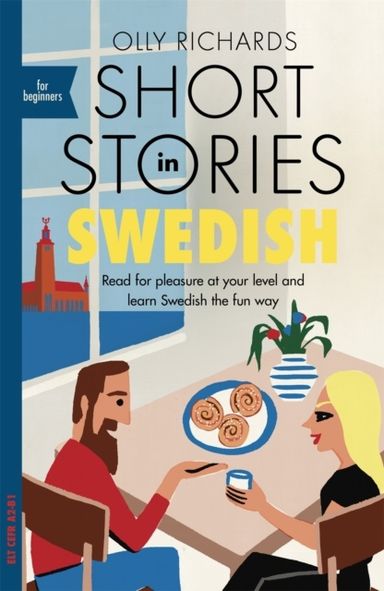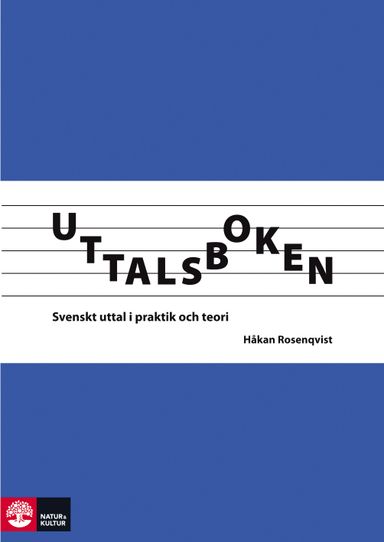

Sensory Evaluation of Food Upplaga 2
- Upplaga: 2a upplagan
- Utgiven: 2010
- ISBN: 9781441964878
- Sidor: 596 st
- Förlag: Springer-Verlag New York Inc.
- Format: Inbunden
- Språk: Engelska
Om boken
The ?eld of sensory science has grown exponentially since the publication of the p- vious version of this work. Fifteen years ago the journal Food Quality and Preference was fairly new. Now it holds an eminent position as a venue for research on sensory test methods (among many other topics). Hundreds of articles relevant to sensory testing have appeared in that and in other journals such as the Journal of Sensory Studies. Knowledge of the intricate cellular processes in chemoreception, as well as their genetic basis, has undergone nothing less than a revolution, culminating in the award of the Nobel Prize to Buck and Axel in 2004 for their discovery of the olfactory receptor gene super family. Advances in statistical methodology have accelerated as well. Sensometrics meetings are now vigorous and well-attended annual events. Ideas like Thurstonian modeling were not widely embraced 15 years ago, but now seem to be part of the everyday thought process of many sensory scientists. And yet, some things stay the same. Sensory testing will always involve human participants. Humans are tough measuring instruments to work with. They come with varying degrees of acumen, training, experiences, differing genetic equipment, sensory capabilities, and of course, different preferences. Human foibles and their associated error variance will continue to place a limitation on sensory tests and actionable results. Reducing, controlling, partitioning, and explaining error variance are all at the heart of good test methods and practices.
Åtkomstkoder och digitalt tilläggsmaterial garanteras inte med begagnade böcker
Mer om Sensory Evaluation of Food (2010)
I september 2010 släpptes boken Sensory Evaluation of Food skriven av Harry T Lawless, Hildegarde Heymann. Det är den 2a upplagan av kursboken. Den är skriven på engelska och består av 596 sidor. Förlaget bakom boken är Springer-Verlag New York Inc..
Köp boken Sensory Evaluation of Food på Studentapan och spara uppåt 28% jämfört med lägsta nypris hos bokhandeln.
Referera till Sensory Evaluation of Food (Upplaga 2)
Harvard
Lawless, H. T. & Heymann, H. (2010). Sensory Evaluation of Food. 2:a uppl. Springer-Verlag New York Inc.
Oxford
Lawless, Harry T & Heymann, Hildegarde, Sensory Evaluation of Food, 2 uppl. (Springer-Verlag New York Inc., 2010).
APA
Lawless, H. T., & Heymann, H. (2010). Sensory Evaluation of Food (2:a uppl.). Springer-Verlag New York Inc.
Vancouver
Lawless HT, Heymann H. Sensory Evaluation of Food. 2:a uppl. Springer-Verlag New York Inc.; 2010.

